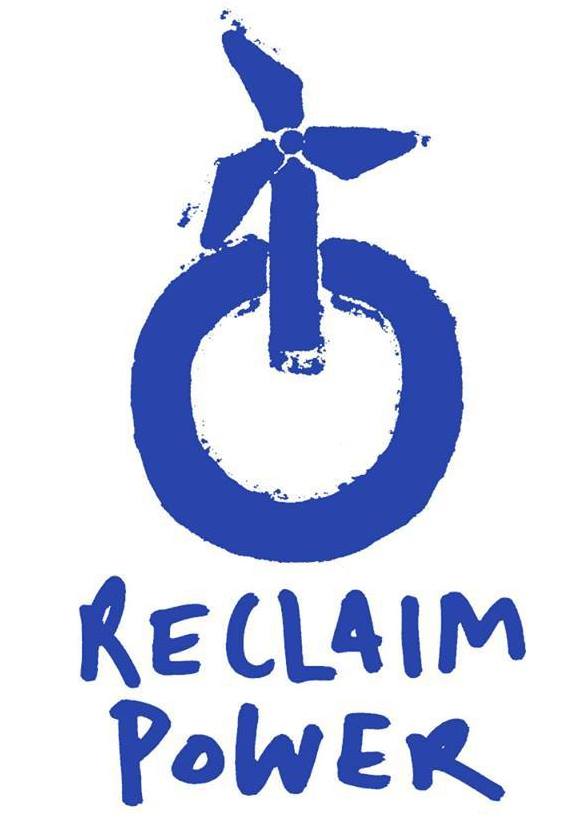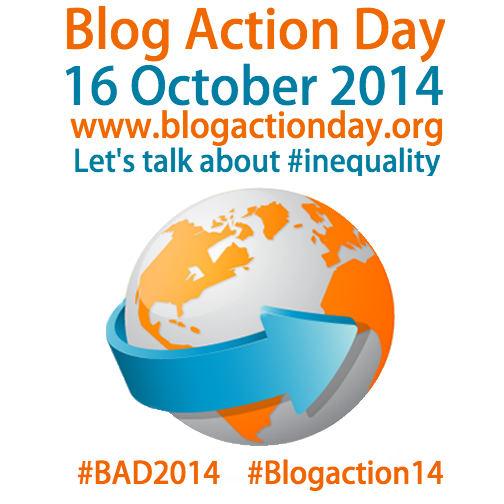
This blog is in support of the movements across the world that are taking action for the Reclaim Power Week of Action.
For the past 5 years the Philippines has been battered by one mega-typhoon after another, a phenomenon that has for many years rendered it as among the nations that is ‘most vulnerable and least prepared’ to face the brunt of climate change.
Although climate change affects everyone its impacts are not evenly distributed. Because the people who contributed least to climate change are the same ones who’ve benefited least from the use of fossil fuels, while at the same time are also the first people to bear its impacts which paints us a classic example of the tragedy of life in an unequal society.
The Philippines, like many other island nations, contributes to less than 1% of the world’s total carbon emissions, but is expected to be one of the countries to be hardest hit by the impacts of climate change. Around the world this scenarios is being repeated over and over. Poor countries are suffering disproportionately from the effects of human-induced carbon emissions that mostly come from the developed nations.
Whether it’s about water access, drought, flooding, vulnerability to more frequent and ever intensifying storms and other extreme weather events or exposure to diseases that the rising temperatures have encouraged to grow, the story remains the same: the poor people are yet to have the means to mitigate and adapt to climate change.
Climate experts say that unless decisive solutions are immediately put on the table, the worst is yet to come. However, industrialized countries, which account for most of the world’s carbon emissions – the greatest contributor to climate change – are still yet to take responsibility and show leadership towards genuine solutions.
This is because the few hands that control power in terms of energy are also the same few hands that control political power in developed nations like the United States of America stirring their foreign policy to loot and pollute countries in the developing world to quench its deadly addiction to economic growth at all cost powered by fossil fuels that not only impacts the communities where they are extracted but contribute to greenhouse gasses that causes global warming.
Climate change exacerbates every social injustice that has been and is being fought by a myriad of social movements for generations. The challenge for the global climate movement is to speak truth to power by reclaiming it in both senses of the word –in energy and in the political arena because justice demands it: climate change causes drought, floods and other natural disasters that affect food production, it has become one of the greatest threats to reducing poverty, advancing global development and realizing human rights that the world has ever seen, and if we do not take urgent and immediate action to stop it by means of mitigating the increase of carbon dioxide emissions as well as in putting into place strong adaptation measures to those vulnerable to its impacts, the damage could become irreversible.
For the most part the divide between environmental and social is artificial climate change must be at the top of personal, business and social agendas because the reckoning of climate change comes at the cost of lives, livelihood and destinies of people and ecosystems that makes life worth living.
The irony of climate change is that it is the great equalizer in an age of inequality. Television broadcasts and user-generated content on social media around storms like Haiyan, has shown images of both rich and poor equally impacted and struggling to pick up the pieces of what was left of their lives and livelihood after super storms.
This poses the question of whether equality should come as a consequence of man-made extreme weather. Or should it come through a decisive action from those responsible for the accumulation of greenhouse gases in our atmosphere, as an act of human solidarity to ensure our collective survival.
This is the truth that must be spoken to power.

